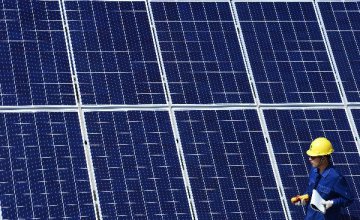
During its two sessions (lianghui) in March 2018, the National People’s Congress (NPC) announced China’s most important institutional reforms in the last 30 years. These changes occurred right after Xi Jinping consolidated his power and at a time when stakeholders working in the energy field were expecting more clarity on policy orientations.
Though the reforms are in line with those initiated since the 2000s, the energy sector is likely to be deeply affected by the new institutional setting, which reflects China’s energy policy path with a strong emphasis towards low-carbon technologies and a rise in importance of environmental issues, alongside Xi’s institutional modernization through greater centralization and control. Nevertheless, it is too early though to judge whether this will effectively impact the balance of power with the fossil fuel related institutions and policies.
The day Environment became more important than energy
The environment sector is at the core of the reforms, which probably reflects the will to put environmental protection ahead of energy issues. The latest reforms established a Ministry of Ecology and Environment (MEE) which gathers climate and environment responsibilities, that used to be spread between a number of bodies. Unveiled in April, the MEE is now in charge of managing most environmental issues, and theoretically able to draft and empower regulations. In addition, it now represents China in international climate negotiations. In order to manage these new duties, MEE staff increased from 300 to 500.





















Latest comments